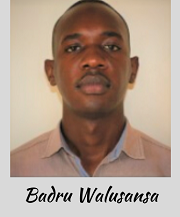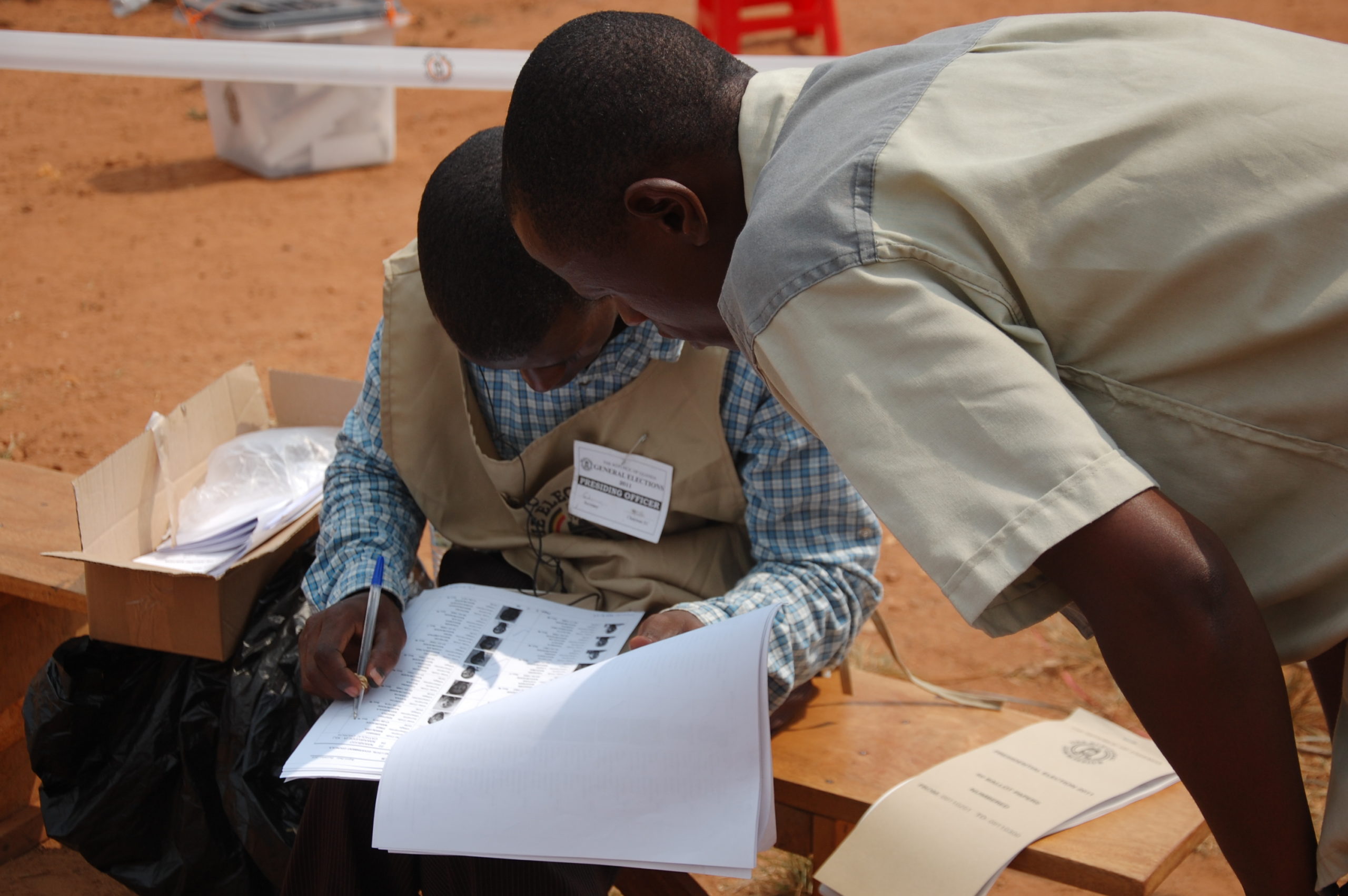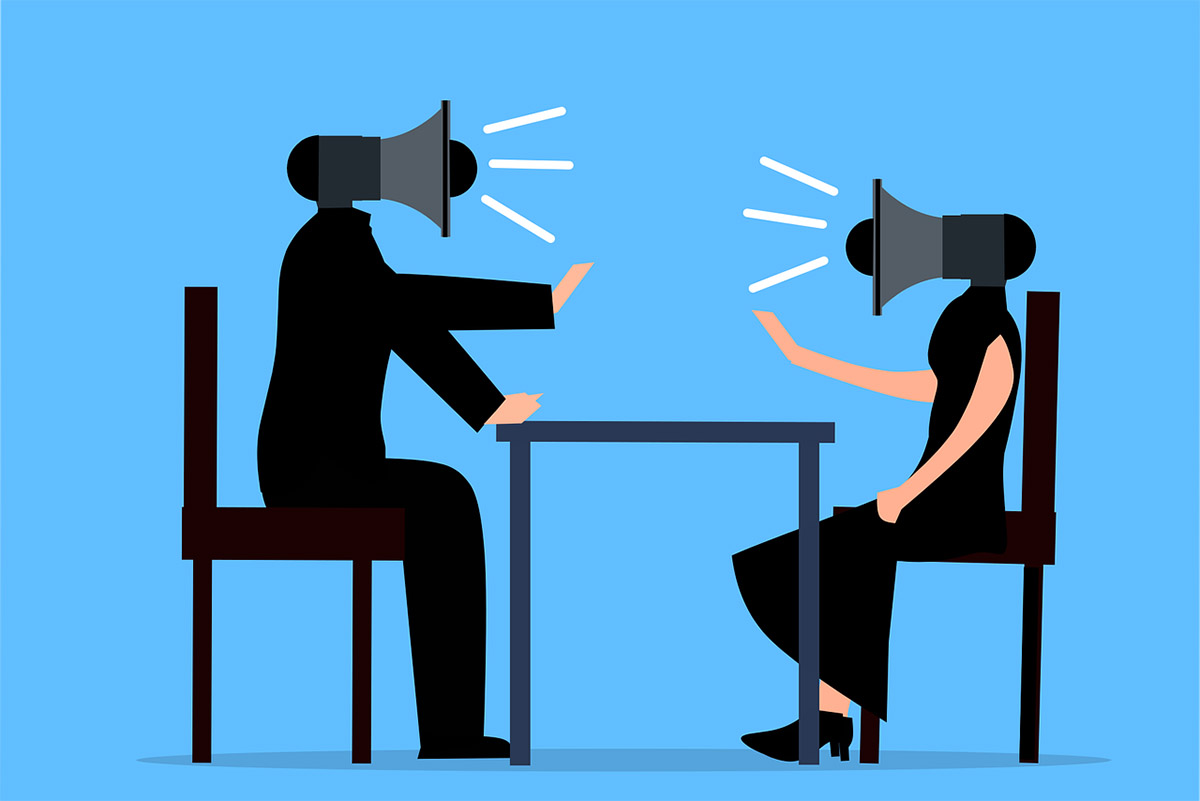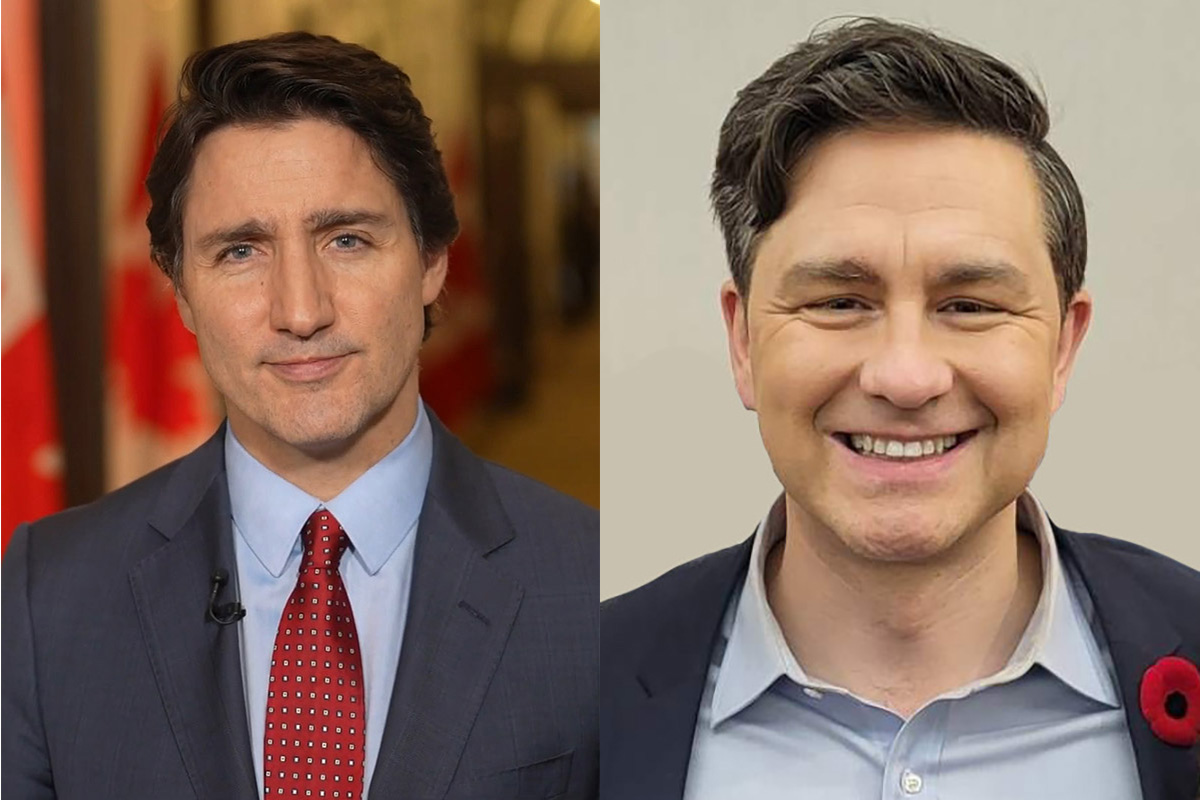Ugandans need early voter education
March 6th, 2020
Early voter education is critical to ensuring error-free elections. It also helps to awaken the civic consciousness of the vulnerable in society. Badru Walusansa, a 26-year-old Commonwealth Correspondent from Kampala, highlights the need for early voter education ahead of Uganda’s 2021 general election.
In February next year, Ugandans will go to the polls to exercise their right to vote in accordance with Article 59 (1) of the Constitution– and the political temperature is rising.
The world over, the management of electoral processes has proven to be a difficult task that requires adequate preparation.
In Uganda, there have been ongoing engagements to assess the readiness of the different electoral actors in delivering free, fair and credible elections.
However, we have seemingly left out the voters, who are major stakeholders in the electoral process. The readiness of the voters in the electoral process ought to be as important as the preparation of other actors such as the Electoral Management Bodies (EMBs) and political parties.
In Uganda, civic education, which entails voter education, is the responsibility of the Uganda Human Rights Commission and the Electoral Commission. Additionally, the National Initiative for Civic Education was launched early last year by President Yoweri Museveni to strengthen civic education across the country.
With all of these players, we would have expected that by now Uganda’s voter education programme would have been rolled out to prepare voters ahead of the 2021 general elections.
Besides reducing voter apathy, voter education programmes help in awakening the civic consciousness of vulnerable groups such as women and youth to actively engage in political activities such as voting.
It is through voter education programmes that the electorate learns about voter eligibility and registration, rules that govern elections, the voting process, complaint mechanisms, access for persons with disabilities and other important information that will help to prepare the electorate to participate meaningfully in the elections.
In 2002, the United Nations Development Programme (UNDP) coordinated a comprehensive voter education campaign in Kenya which helped to prevent post-election violence. This shows that voter education positively influences the behaviour of individuals.
In Uganda, the Citizens’ Coalition for Electoral Democracy in Uganda (CCEDU’s) “Topowa” campaign in 2015 and 2016, contributed to voter turn-out soaring from 58 per cent in 2011 to 67.6 per cent in 2016. The campaign’s aim was to boost citizens’ participation in the electoral process. Given CCEDU’s grassroots mobilization capacity and structure, we expect to see similar campaigns ahead of 2021.
Besides reducing voter apathy, voter education programmes help in awakening the civic consciousness of vulnerable groups such as women and youth to actively engage in political activities such as voting.
Needless to say, in the absence of voter education, gullible voters are often exploited by political aspirants in exchange for their votes. In the past, election observation reports have indicated that voting patterns, especially in rural areas, are still influenced by voters receiving money or other household items such as sugar, soap and salt.
In order to reverse such trends, we need rigorous voter education programmes to change the mindsets of the voters so that they vote based on issues rather than material gain from candidates.
Early voter education programmes can also help to minimize the number of invalid votes and election-related conflicts. Although it is inevitable to have some level of electoral conflict, it could be worse without basic voter education.
For instance, we still have a large section of our population who perceive elections as a matter of “do or die.” To further put this into context, this population mainly consists of the youth who are often relied on by politicians to fuel electoral violence.
By and large, we need to plan better and move away from ad-hoc voter education programmes which are rolled out just a few months before an election.
The electoral process is a cycle deserving thorough and effective planning. If the resource envelope cannot sustain continuous voter education programmes, then we need to rethink our priorities, as an enlightened and empowered citizenry should be one of them.
Most importantly, if the Electoral Commission is unable to conduct early countrywide voter education programmes, then it could initiate conversations with accredited Civil Society Organizations to assist in popularizing key voter education messages.
Furthermore, the EC needs to liaise with other stakeholders such as opinion, religious and cultural leaders to popularise the voter education drive for the 2021 general elections. Such stakeholders are respectable members of society and are key to promoting peace and stability.
……………………………………………………………………………………………………………………………….
Photo Credit: Uganda Electoral Commission
…………………………………………………………………………………………………………………………….
About me: I am a human rights activist, academic and writer in the local dailies. I was part of Uganda’s largest election observation group, CEON-Uganda and currently work as a Project Assistant M&E at the Legal Aid Service Providers’ Network (LASPNET). My passion is in writing and I have authored several articles on different topics in the Weekly Observer, Daily Monitor, New Vision and Independent Magazine. badruwalu@gmail.com
……………………………………………………………………………………………………………………………….






